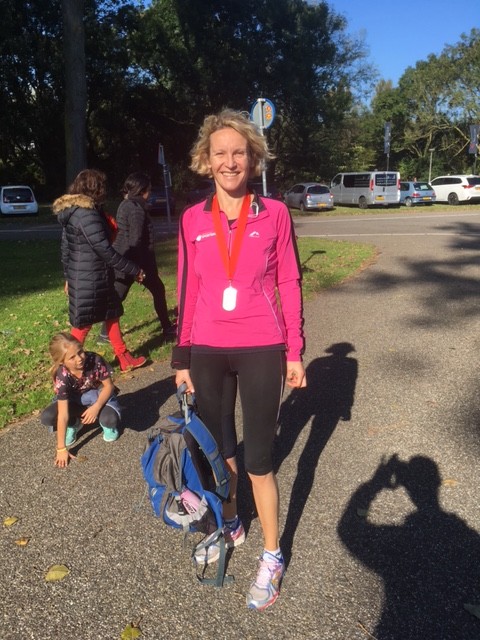 Rest is not a sign of weakness: it is an utterly essential part of any fitness regime and should be taken completely seriously.
Rest is not a sign of weakness: it is an utterly essential part of any fitness regime and should be taken completely seriously.
Our attitude to rest, and the way in which it is integrated into most elite schedules, is changing and improving all the time – but there is still a long way to go before rest is given the respect it deserves.
Amongst many competitive sports – especially where there is a perceived risk of losing a place in a team, or perhaps the fear of being accused of not pulling your weight – people still fail to take adequate rest.
The Harry Kane problem
The way in which Tottenham Hotspur and England footballer Harry Kane has succumbed to injury this season is a good example.
Since the start of the 2014/15 season, Kane has played two full seasons, and attended international tournaments over two consecutive summers. That hasn’t left his body long to recover and now he could have paid the ultimate price: aside from a significant loss of form, an ankle injury has ruled him out for several weeks.
Of course, without examining Kane, we don’t know for sure that his injury was related to, or exacerbated by, fatigue.
But it is known that fatigued muscles do a poor job of protecting their associated connective tissues, increasing the risk of damage to bone, cartilage, tendons and ligaments.
Injury management and prevention
A critical part of injury management and prevention is incorporating adequate rest into your routine and making sure that you allow your body to recover fully.
Some exercise plans will involve working up to, and beyond, fatigue, but it must be noted that the chances of injury when you reach this point are increased, and this approach should be handled with care.
At Newcastle Sports Injury Clinic, we know you love doing sport, and being told to stop is frequently the last thing you want to hear. Which is why we can usually treat you in such a way that you don’t need to stop. But we do encourage people to take the correct rest as part of their ongoing schedules.
Why you should rest
There are a number of reasons why you should rest, and a number of ways in which you can improve the way you are resting your body and mind.
Injuries
This is the biggest factor: fatigue makes you more prone to injuries. When your muscles are tired, they cannot protect you in the way that they usually can. Your movements become sloppy and less controlled.
Performance
When you are tired, you lose form, your decision making becomes worse, and you have less control over your body. Your performance degrades significantly. Improving overall fitness can help, but so can making sure you are fully rested before going into the big game, race or competition.
Longevity
Avoiding burnout is a big talking point at the moment – only a select few can perform at the very highest level for more than ten years or so, as Wayne Rooney is currently discovering. However, your sporting career, at any level, can be increased in length if you look after yourself, and that means correct, thorough warm-ups and warm-downs, and plenty of rest at the right times.
Mental staleness
Mental fatigue is a major challenge as well: if you don’t take breaks to pursue other hobbies or pastimes, even just the occasional day here and there, then you could find you suffer from a different kind of burnout and simply lose interest.
How to rest up effectively
So here is our six-step guide to using rest periods properly and making sure they enhance your game.
-
Sleep
Get plenty of sleep. You’ll know if you’re getting enough or not: don’t kid yourself that you can manage, and don’t rely on sugar/caffeine to help you through.
-
Rest days
Build these into your schedule and stick to them. Think about and do something else entirely. Your body will thank you, and your performances will improve.
-
Variety
This helps your body and brain: combine your rest days with an interesting activity that makes you relish the time away from the track/sportsfield/gym.
-
Active rest/stretch/yoga classes
Active rest is a great way to recover and keep yourself ticking over. If you’re a runner, why not go for a bike ride? If you cycle, why not go for a swim? Or, we run yoga and pilates classes aimed at sportspeople – they can help to change the way you think about your body and would make perfect ‘rest day’ activities.
-
Eat properly
This might not sound like rest, but eating the right foods, maintaining a low-sugar, nutritionally-balanced diet, can help the way and the speed at which you recover. Don’t worry about supplements or fads – just eat well, and eat proper meals.
-
Stay hydrated
Hydration is also crucial and is still overlooked by many. While many factors can contribute to delayed-onset muscle soreness (DOMS), dehydration is one of them.
If you are struggling with an injury for any reason, please talk to us to find out how we can help.

